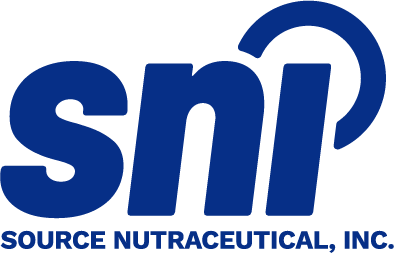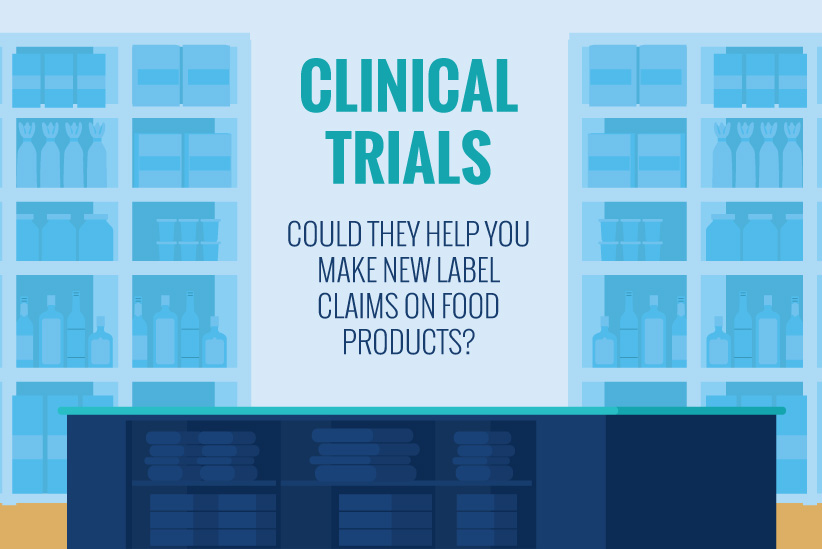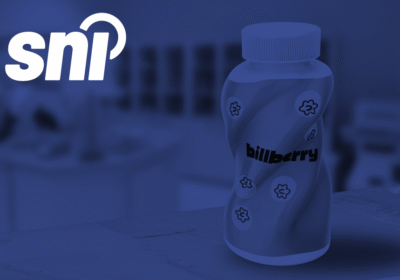How do Canadian consumers make point-of-sale purchasing decisions when choosing “Product A” over “Product B”?
There are a few factors which come into play, including price, branding, packaging, and claims. Label claims are a great way to differentiate your food product from your competitor’s product. Consumer research has shown that food products with label claims are more likely to be purchased than a similar product with no label claims.
There are two main categories of claims that can be used on food labels:
nutrient content claims, and health claims.
Nutrient Content Claims:
A claim that describes the well-established roles of energy or nutrients that are essential for the maintenance of good health or for normal growth and development. (i.e. “Protein helps to build and repair body tissues”).

Health Claims:
- General claims: claims about health not directly linked to the food (i.e. “Healthy for you”).
- Function claims: relate to the effects that a food has on the normal functions of the body (i.e. “Consumption of 1 cup [250 mL] of green tea helps to protect blood lipids from oxidation”).
- Disease-risk reduction claims: associate a food intake with the prevention or treatment of a disease or health-related condition. (i.e. “A healthy diet rich in a variety of vegetables and fruit may help reduce the risk of some types of cancer”).
- Therapeutic claims: relate food intake with treatment or mitigation of a health-related disease or condition, or about restoring, correcting or modifying bodily functions. The difference between therapeutic and disease-risk reduction claims is that therapeutic claims include both a dose per serving of the food, and a daily dose of the food.
Health Canada has outlined a regulatory framework within the Food and Drug Regulations for claims on Canadian food packaging. You may wonder what it takes to make these claims permissible. Do companies need to go through pre-market review before making a label claim(s) on a Canadian food label?
The answer differs, depending on what type of claim you are looking to make.
- General health claims simply need to be truthful and not misleading to comply with the Food and Drug Regulations.
- Nutrient content claims and function claims have set criteria outlined within the Food and Drug Regulations.
- Health claims (disease-risk reduction or therapeutic claims) require supporting scientific research to gain market compliance.

Claims that are backed by scientific research (i.e. clinical trials) can lead to increased product sales and make your product standout in the market. Clinical trials are research studies involving individuals who volunteer to test an investigational product (food or food ingredient) for the purpose of understanding the relationship between its consumption and health. It is important to consider several factors when designing a successful clinical trial, including selection of the optimal study population; consideration of study design elements; adequate sample size; validated study endpoints; and proper data analysis.
Once you have completed your clinical trial and analyzed your data, it is time to evaluate that data for use in support of a health claim application to Health Canada. Our Regulatory Affairs Team can help with critical appraisal of scientific literature in support of health claim petitions.
Conducting clinical research in an efficient and organized manner helps to save time and costs! Our Clinical Trials Team can provide quality clinical trial management services and guide you in taking your food research concept through successful study completion. We can help with study design, regulatory applications (Health Canada and Research Ethics), participant recruitment, data collection, statistical analysis, and/or clinical trial monitoring.
If you are interested in exploring your potential to make food label claims in the Canadian market, or clinical trials to make your product stand out from your competitor’s, connect with us today!




